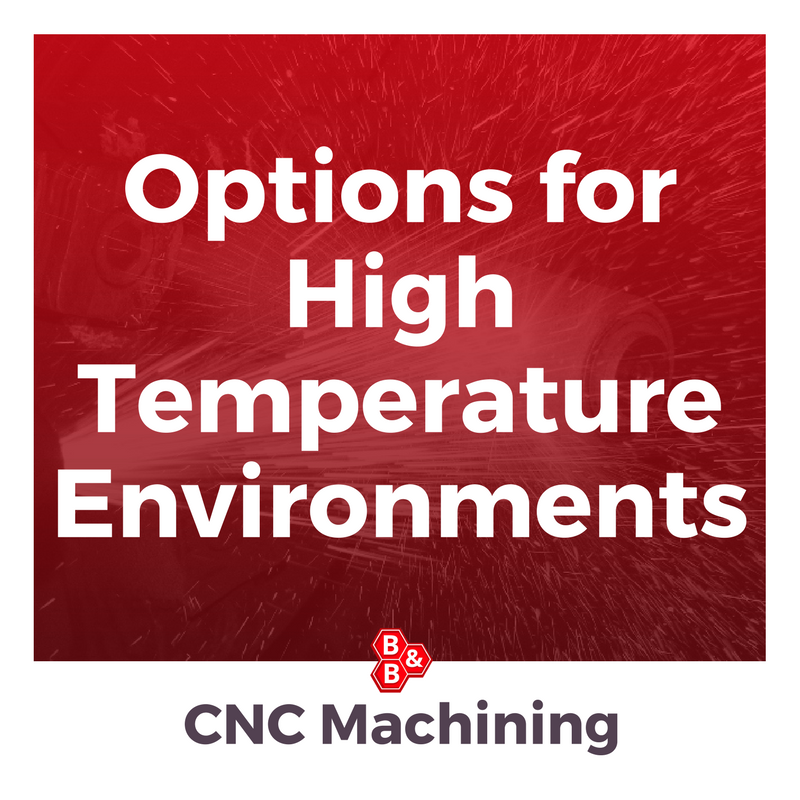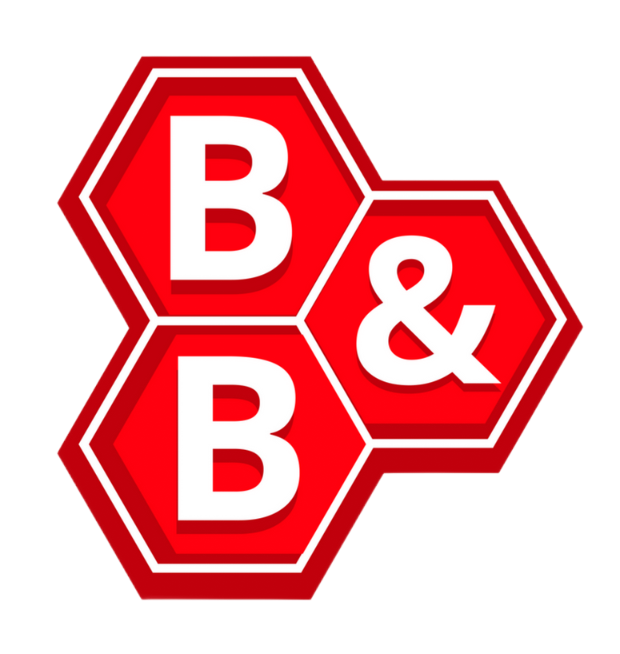
Industrial Processes across a wide range of industries must operate in aggressive environments which contain high temperatures, high pressure and a high level of stress put on individual components. So what materials and processes can help extend the part life in these environments?
Metal Alloys
Metallic Alloys are used in high temperature applications due to their strength, ductility and toughness coupled of course with their high melting point. Selecting the right Alloy is not necessarily straight forward though, as each and every Alloy will react differently when exposed to prolonged periods of high temperatures. As such a number of ‘Super Alloys’ have been developed specifically with high temperatures in mind, and some common ingredients in their makeup includes materials such as Chromium, Aluminium, Tantalum, and Titanium. One example of a Super Alloy would be 602A which is an austenitic heat resistant alloy that is the strongest and most oxidation resistant wrought alloy for use above 1040oc. The issue with Super Alloys such as these is that they are often designed solely with temperature in mind and in many cases components will still need surface protection against corrosive environments.
Hard Chrome
Chromium tends to soften in elevated temperatures, although it retains its low coefficient of friction and resistance to oxidation and corrosion. Hard Chrome Plating will provide the resistance to abrasion and chemical attack, and one example of its use would be on Forging Die Impressions where it is in contact with use hot steel, but still adds substantial wear life to the die. In terms of its effectiveness at High Temperatures. Hard Chrome has a peak operating temperature of 400oc, but with prolonged exposure will begin to soften at around 260-280oc and loose hardness. This coupled with hard Chrome’s inherent environmental issues means many manufacturers have been looking for an alternative.
HVOF
An alternative to Hard Chrome that could still compliment the use of Super Alloys would be HVOF. A Thermal Spray Process, powdered material is heated up and fired out at extreme velocities forming a coating which is characteristically hard and dense in nature with a very low porosity and high hardness. This process can be used to coat several materials that would be suitable for High Temperatures including Inconel 718, Ceramics,Chromium Oxide and Tungsten Carbide. Tungsten Carbide Coatings in particular can operate in temperatures up to 500oc, and will withstand prolonged exposure up to around 400oc. Tungsten Carbide Coatings also outperform Hard Chrome Plating when it comes to the corrosive sources they are resistant to. If you have a component that needs to function at High Temperatures then get in touch today and our team can recommend a coating option suitable for your application. B&B are fully ISO certified and based in West Yorkshire. You can contact us by calling 01484866386 or mail@bandbprecision.co.uk


Comments are closed